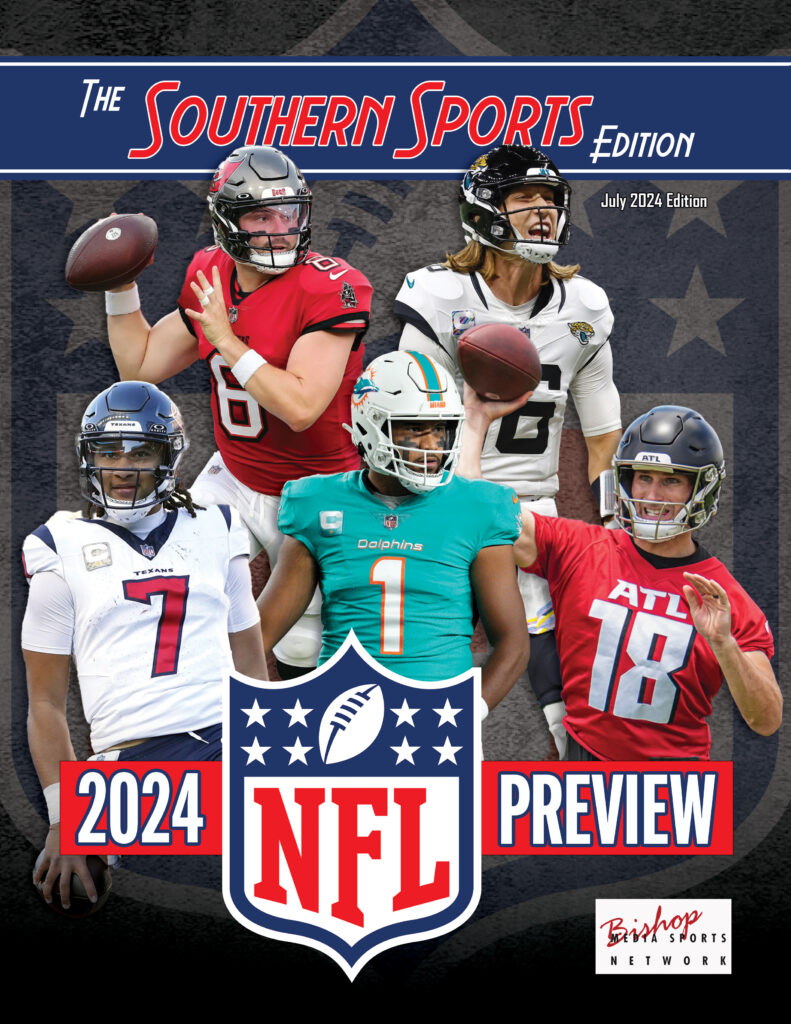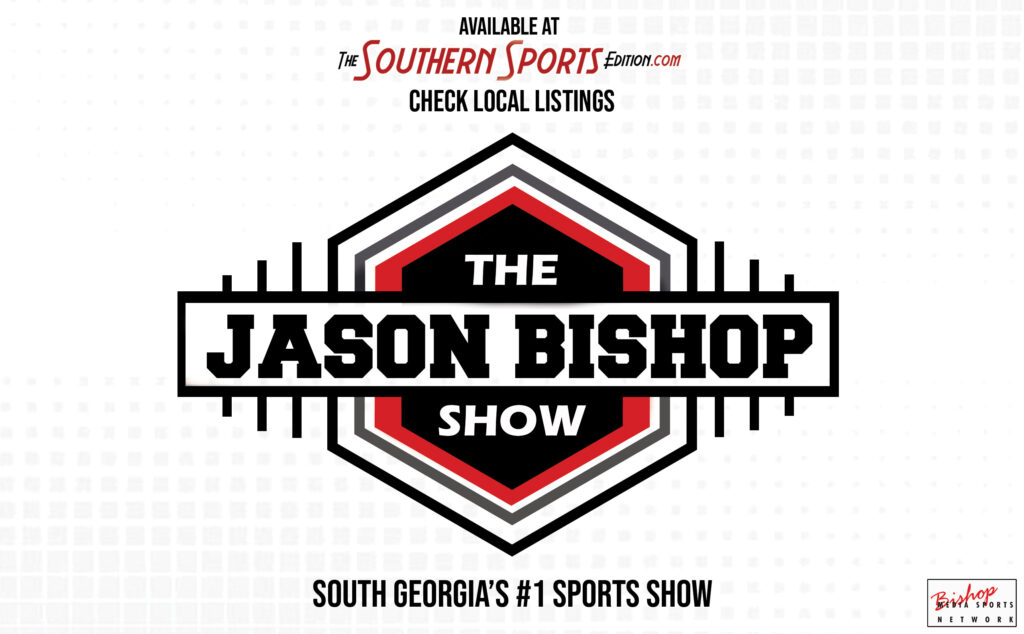The Rules
 By: Robert Craft
By: Robert Craft
TheSouthernSportsEdition.com news services
It’s very new for amateur athletes to be able to make money off their NIL. Because the process of NIL becoming legal started as a movement at the state level to change the law, which led to the NCAA relenting but not setting perimeters on NIL, the actual NIL legislation varies by state.
Understanding those differences in NIL legislation is important. That way, you understand the rules that apply to a given program, and can better understand why some schools take different approaches.
Each state has its own NIL legislation. Because of this, different players and institutions are playing under different rules. Here’s what you need to know about NIL legislation in each SEC state:
Louisiana: In Louisiana, you can make money from NIL, though it can’t be used in recruitment. Notably, the Louisiana bill notes that institutions can’t work through boosters to compensate players as a third party.
Alabama: Alabama does not currently have NIL legislation. On February 3, 2022, Governor Ivey signed Alabama House Bill 76. This repealed the state’s NIL bill, which had been in place since July 1, 2021. It was repealed because as the NCAA adopted new rules, the initial bill was seen as too restrictive.
Arkansas: In Arkansas, it is noted that students may not use the image of their institution and it is not allowed for prospective students. However, it does create larger blanket protections for student-athletes down to their own nicknames.
Florida: In Florida, all NIL deals must be done with a third party and schools may not enact a policy to prevent this from happening. It also specifies that financial aid does not qualify as NIL compensation. It also requires student-athletes to take financial literacy courses and prevents them from disclosing contract details.
Georgia: In Georgia, your NIL opportunities can not conflict with obligations to your team. For their part, institutions can not discourage NIL involvement. Notably, student-athletes in Georgia may be forced to pool their NIL earnings. Up to 75% of their earnings can be pooled in escrow for later use. Financial literacy courses are a requirement of the bill as well.
Kentucky: The Kentucky bill distinguishes the difference between NIL and financial aid, which includes things like room and board. It then protects an athlete’s ability to profit from NIL in Kentucky. It also takes time to note that NIL can’t be used for the purposes of recruitment. There are also several things that you can’t receive compensation for, like sports gambling and adult entertainment.
Mississippi: Mississippi does not allow athletes to appear with their team’s logo or uniform unless they have received written permission to do so. There are bans on players receiving compensation as a recruiting tactic, as well as NIL deals within certain industries, like gambling.
Missouri: The Missouri NIL bill is a small portion of a larger bill dealing with the cost of attending college. It prohibits institutions from earning NIL-related compensation.
South Carolina: South Carolina Gov. Henry McMaster announced his vetoes for the state’s General Appropriations Act, or in other words the state budget, for the 2022-23 fiscal year. The state’s General Assembly previously ratified the suspension of the state law that applies to NIL compensation for college athletes (Act 35 of 2021) and Gov. McMaster didn’t veto it. The suspension stands. For at the least the next fiscal year, only the NCAA’s interim NIL policy will apply to the state.
Tennessee: The Tennessee bill calls for fair market value in NIL deals. These deals also can’t be made to go to a specific institution and they must be provided by a third party. Importantly, booster groups can’t contribute on the basis that a player attends a specific institution. There are also certain industries, like tobacco, which players can’t have NIL deals with.



